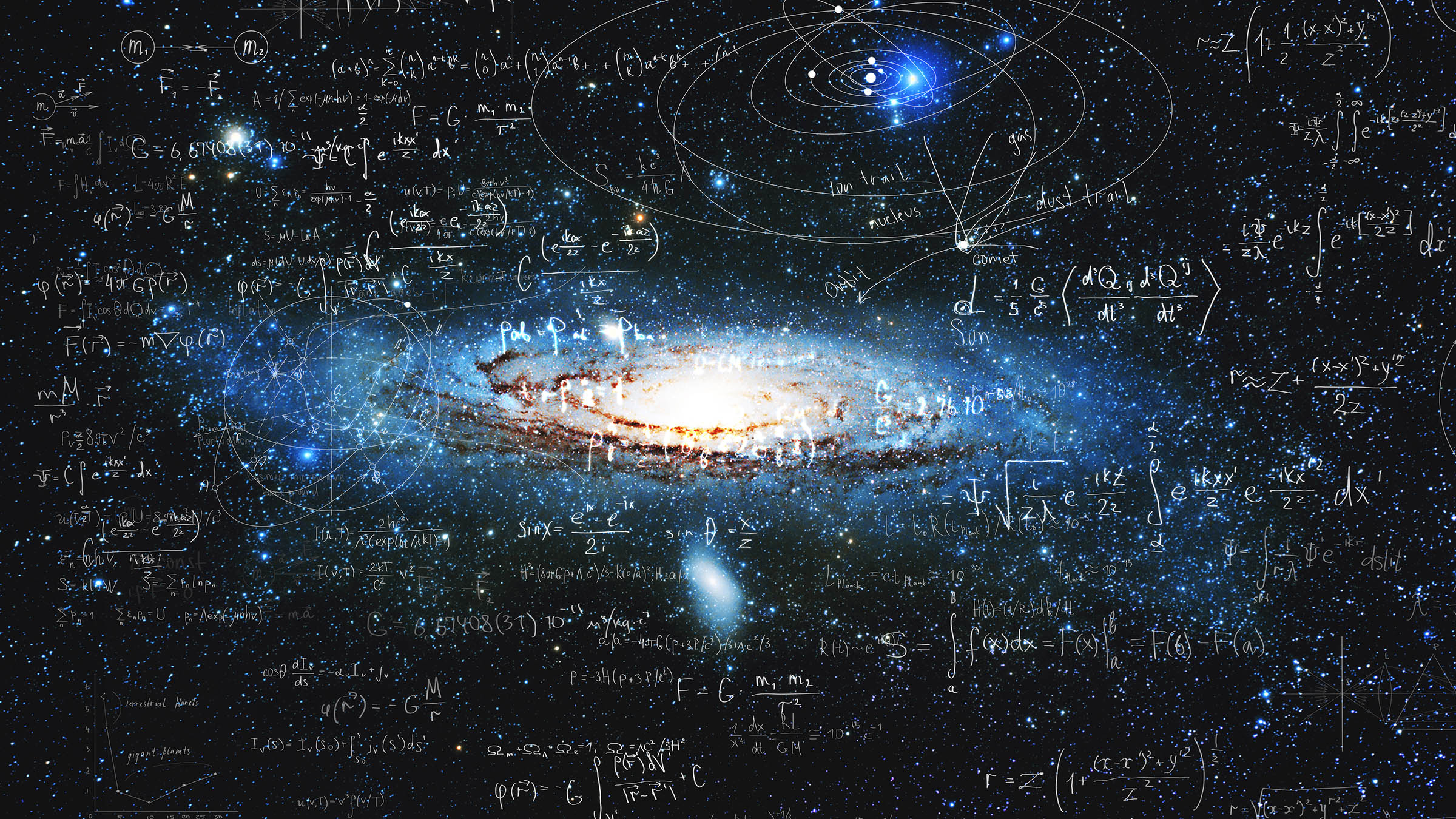The end of the universe has always felt like a distant abstraction. But new calculations suggest that our original timeline might have been wildly optimistic. According to a team of Dutch scientists, the universe is dying much faster than anyone thought, and could cease to exist within 10 to the power of 78 years. That’s still inconceivably far away (more than trillions of years, for context). But compared to earlier estimates, it’s like the heat death of the cosmos just got moved up to next year.
This dramatic shift comes from a new twist on an old idea. First proposed by physicist Stephen Hawking in 1975, Hawking Radiation is a concept that suggests black holes aren’t completely black. Instead, they slowly emit particles and radiation, evaporating over time. However, a new study published in the Journal of Cosmology and Astroparticle Physics goes a step further.
It claims that this evaporative process doesn’t just apply to black holes. Neutron stars, white dwarfs, and even objects like the Moon or the human body could also decay in the same way. These new calculations found that density—not just gravitational pull—is the key factor in determining how quickly objects decay via Hawking-like radiation.
In an idealized universe with no external interference, even the most stubborn stars, called white dwarfs, would vanish after around 10 to the power of 78 years. That’s trillions of times faster than previous estimates of 10 to the power of 1,100 years.
One surprising discovery is that neutron stars and stellar black holes take about the same time to fade away. This caught the researchers off guard, since black holes have a much stronger gravitational pull. But the explanation supposedly lies in their structure. Black holes have no physical surface, which means they reabsorb some of the radiation they emit, slowing the decay.
Of course, we’re still dealing with extremely distant futures. The fact that a human body would take 10 to the power of 90 years to disappear via this process doesn’t mean we’ll ever witness it. And naturally, there are countless other forces at play in the real universe that could speed the death of all things along.
Still, the findings are a major shift in our understanding of the deep future, and they reframe how we think about entropy, time, and the fading glow of existence. The study blends quantum theory, astrophysics, and relativity to ask a profound question: If everything decays, how quickly does it really happen?
In doing so, these findings remind us that the universe is dying, and not in some dramatic explosion. Instead, it will die in a slow, silent unraveling driven by the deepest laws of physics.
This kind of research also sparks some massive philosophical questions. If the universe has an expiration date much sooner than expected (in cosmic terms), what does that mean for long-term theories about its shape, fate, and origins? Could understanding how it ends help us better understand how it began?
Of course, there’s no real need to panic, as the universe won’t die for another several trillions of years. By then, humanity as we know it will likely be long gone, unless we somehow manage to colonize the stars and move away from our little hub of existence here on Earth.







